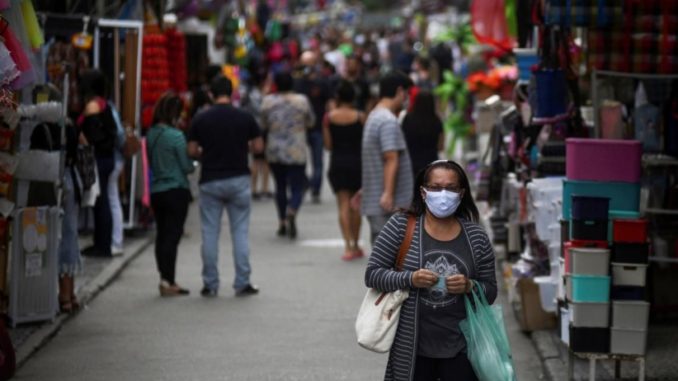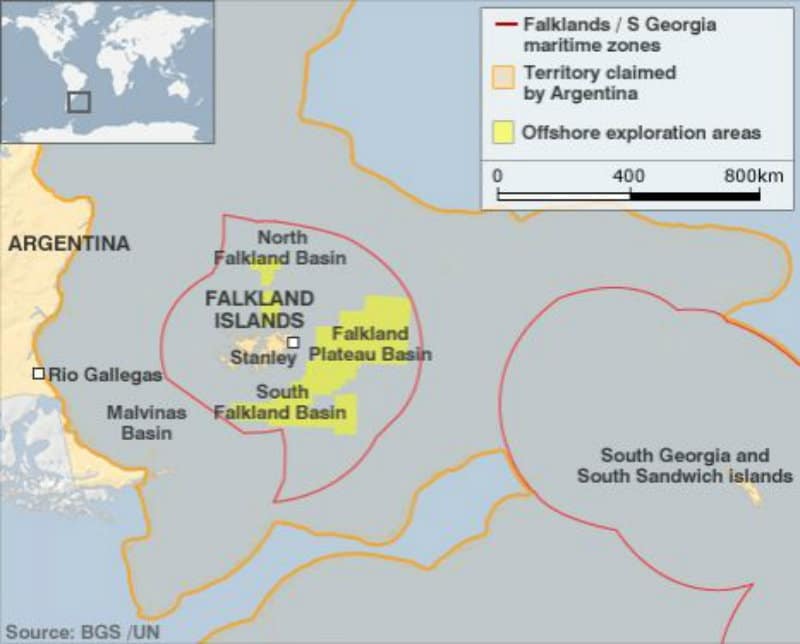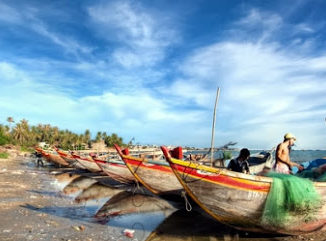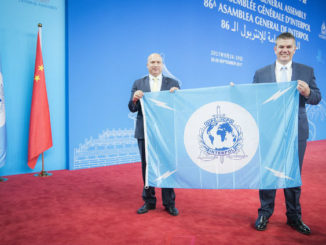
The 38th session of the Economic Commission for Latin America and the Caribbean (ECLAC) concluded with recognition of the work carried out by the United Nations regional commission and their approval of the proposal presented in the document Building a New Future: Transformative Recovery with Equality and Sustainability, in which the Commission calls for forging a new, post-COVID-19 future in the region through a transformative development recovery, with greater equality and sustainability.
ECLAC’s most important biennial meeting – which was held virtually for the first time – wrapped up its debates with a ceremony featuring the participation of Amina Mohammed, Deputy Secretary-General of the United Nations; Carolyn Rodrigues-Birkett, Permanent Representative of Guyana to the UN and Chair of the Group of 77 and China; Alicia Bárcena, ECLAC’s Executive Secretary; and Rodolfo Solano, Minister of Foreign Affairs and Worship of Costa Rica, which is the country that now holds ECLAC’s presidency for the next two years.
Eight hundred people participated in the three-day event, of which 400 were government delegates; 55 were from UN agencies, funds and programs; seven were representatives of regional organizations; and 300 were from civil society. In addition, 24 Ministers of Foreign Affairs and 19 deputy ministers were present on the session’s panels. In all, the meeting’s transmissions drew more than 40,000 views via ECLAC’s various online platforms aimed at public dissemination.
As the session came to a close, the representatives of 43 Member States and nine associate members of ECLAC attending the event approved 14 resolutions in which they urge the Commission to continue its work collaborating with Member States on a comprehensive analysis of development processes geared to the design, monitoring and evaluation of public policies, and to keep providing operational services in the fields of specialized information, advisory services, training and support for regional and international cooperation and coordination.
In particular, they approved the “San José Resolution” – in honour of the capital of Costa Rica, the country that served as host of this session even though it was entirely carried out by virtual means – in which the countries of the region welcome the integrated approach to development that has marked the thinking of ECLAC since its inception, and the relevance of the issues examined, and express support for the general tenor of the conclusions outlined in the position document presented by the Commission. Furthermore, it instructs the organization to conduct studies and formulate public policy proposals in the countries, in close cooperation with their policymakers, to support the building of national capacities to achieve sustainable development.
In her speech, the Deputy Secretary-General of the United Nations, Amina Mohammed, thanked the Government of Costa Rica for chairing the meeting and congratulated ECLAC’s Executive Secretary, Alicia Bárcena, “for her incredible leadership and commitment to the Latin America and Caribbean region.”
“UN Secretary-General António Guterres praised ECLAC’s pioneering role in pushing for a more inclusive understanding of sustainable development. This week has proven once again that ECLAC has truly established itself as the regional think tank of the UN Secretariat in the region and as a key regional forum for policy dialogue,” she highlighted.
Mohammed indicated that the negative effects of COVID-19 in the region’s countries have constrained government responses to the urgencies of the pandemic and, in the medium term, undermine their capacity to build back better.
“In this sense, the United Nations, and ECLAC in particular, have put many bold and innovative proposals on the table, such as an emergency basic income for the most vulnerable, tax exemptions and grace periods for Small and Medium-sized Enterprises, a basic digital basket, a new political and fiscal compact to ensure universal social protection and a green energy transition in the region, among others,” she stated.
“Over the past three days, we have heard the bold efforts that many countries of this region are undertaking to face the immediate impact of COVID-19 and to maintain the 2030 Agenda for Sustainable Development as the blueprint for their medium and long-term efforts. This gives us great hope,” Mohammed indicated. “Building back better means putting equality and environmental sustainability at the centre of the recovery.”
Ambassador Carolyn Rodrigues-Birkett congratulated Alicia Bárcena for the ground-breaking analyses that ECLAC continues to deliver, including the document presented at this session. “We must centre our thinking on some critical actions as we chart the way forward, putting increasing emphasis on implementing the 2030 Agenda for Sustainable Development and the importance of financing for development, which is one of the focuses of this meeting,” she stated.
Such actions include building policy coherence and institutional capacity, access to financing (which is critical to the global recovery and economic growth), the need for international financial institutions to adopt new approaches to risks and to reduce the pro-cyclical nature of financial flows to countries, and forging trusted development partnerships, with support from the UN Development System.



